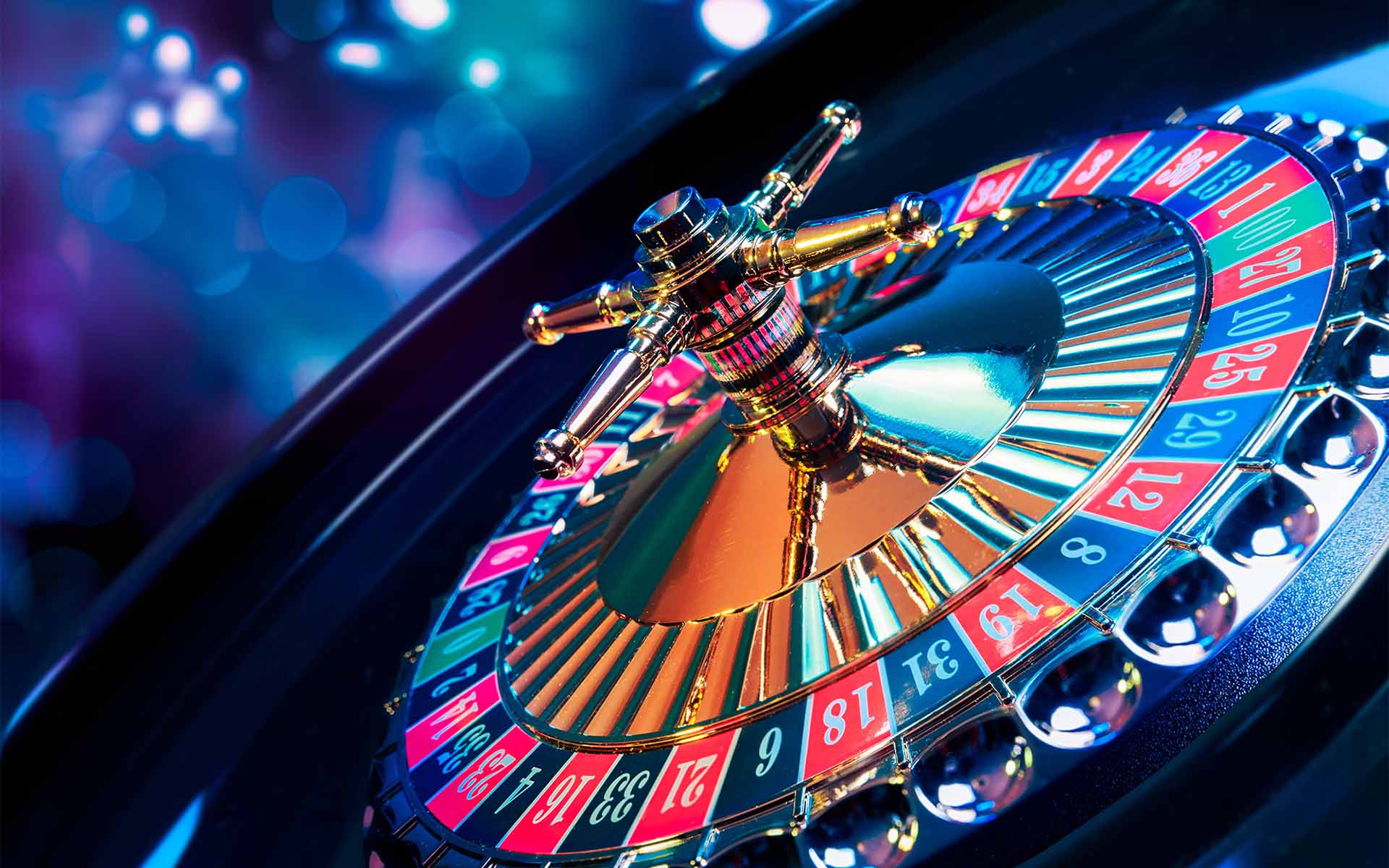
In the world of gambling, where chance and strategy meet, a unique tapestry of beliefs emerges—one that intertwines luck, fate, and the enigmatic nature of casino games. Casinos, bustling with excitement and anticipation, are not just places for placing bets; they are also arenas where superstitions thrive. Ranging from the novice player to the seasoned gambler, these mysterious practices often shape how individuals approach the games they play, believing that their actions can impact the outcome in ways that go beyond mere probability.
When players gather around roulette wheels, blackjack tables, and slot machines, the atmosphere is thick with stories of lucky charms, rituals, and codified behavior that defy logic yet provide a sense of comfort. Whether it’s wearing a specific outfit, following a particular sequence of bets, or even avoiding certain numbers, the attachment to various superstitions reflects a deep-rooted desire to master the uncontrollable. This article delves into the captivating world of casino game superstitions, exploring the beliefs that simultaneously entertain and mystify those who dare to play.
Historical Roots of Superstitions
Casino activities have long been interwoven with an array of superstitions that can be traced to ancient societies. The roots of these beliefs can be connected to humanity’s innate desire to manage the unpredictable outcomes associated with chance and chance. In ancient civilizations, activities of chance were often connected to ritualistic practices. Gamblers would call upon favor or ask for favor from deities, believing that their actions could affect the outcomes in their favor. This basis laid the foundation for the multitude of superstitions that developed as gambling evolved over time.
During the medieval age, gambling became a popular activity across European nations, and with it, a rich tapestry of superstitions emerged. Players adopted different rituals and charms, believing they could influence the results of games. The significance of digits, in particular, began to show in superstitions related to card games and dice. The number seven was often considered lucky, while other numbers carried negative connotations. These notions mirrored the social contexts of the time, evolving as they passed through generations and adapted to different gaming environments.
As gambling houses emerged in the seventeenth century, particularly in the Italian peninsula and the French nation, the atmosphere surrounding gambling became imbued in enigma. The growing openness of casino activities allowed for the expansion and diversification of superstitions among players. Concepts like charmed charms, special seating arrangements, and rituals gained prominence, creating a unique culture within betting houses. As these customs continued to thrive, they became fundamental to the identity of casino activities, illustrating how the past and society shape the notions that influence how participants interact with fortune.
Common Gambling Myths
Superstitions surrounding gambling activities are plentiful and diverse, reflecting the hopes and fears of players as they engage in random activities. One of the most common beliefs is that certain digits bring fortune or misfortune. For example, the digit seven is often seen as a lucky digit, frequently sought after by players looking for a positive result. Conversely, the digit thirteen is routinely considered cursed, leading many players to steer clear of it during their gaming sessions.
Another frequent superstition relates to rituals that gamblers believe can affect their odds. It could be blowing on dice before a roll, using a particular hand to place a bet, or even putting on particular items of attire, many people feel that these rituals can sway luck in their benefit. These practices offer a sense of control in an otherwise random environment, reinforcing the idea that fortune can be manufactured through personal beliefs and habits.
Lastly, the environment and vibe of the casino itself adds to myths. https://bk8.loans/ Many players suggest that the presence of certain symbols, such as four-leaf clovers or fortunate coins, can enhance their chances of success. Additionally, gamblers might adhere to the notion that victory streaks can be interrupted by mundane occurrences, such as a person passing by or a spill at the table. The shared environment in a gambling house can amplify these superstitions, creating a shared culture of myths that transcends individual experiences.
Impact of Superstitions on Players
Beliefs play a important role in the mindset of casino players, often affecting their actions and decision-making. A lot of gamblers believe that luck can be manipulated through different rituals, such as donning a talisman, selecting specific colors, or steering clear of particular digits. This reliance on superstitions can create a feeling of authority in an environment that is intrinsically unpredictable. Players often feel more self-assured and involved when they think that their actions could sway the result of a game in their advantage.
The impact of these superstitions extends past individual players, affecting the overall atmosphere within the casino. For example, a player who holds the belief in the luck of a particular slot machine might draw a crowd, as onlookers are fascinated by their apparent luck. This collective belief can heighten excitement and create a lively environment, leading to an interesting experience even for those who may not necessarily be believers themselves. The excitement around specific games can lead to higher participation and extended playing sessions, supporting the casino’s vibrant social scene.
In some cases, superstitions can lead to harmful effects for players. Depending too much on rituals can result in bad gambling decisions, as some may overlook basic strategies in favor of unfounded beliefs. Additionally, the pressure to perform rituals may increase anxiety and tension, diminishing from the pleasure of the experience. Ultimately, while superstitions can enhance the excitement of playing casino games, they can also lead to foolish choices that overshadow the enjoyment and entertainment intended in the casino experience.
